The Philosophy of Saivism: History, Philosophy, and Literature of Saivism (In 2 Volumes)
Synopsis
Saivism, may be defined as the setting aside of the triune equality of Brahma, Vishnu, and Siva, and the merging of the former two Gods in the God -- Siva. But it is also more than this. It is supreme being, infinite, eternal, an exempt from subjection to the law of ultimate absorption into the universal spirit. Rudra appears quite early in the Veda with a well-recognized and well-marked personality of his own. He is an important deity, whose anger is to be dreaded and whose favour is to be propitiated. Probably the first office or function connected with him was that of directing and controlling the rage of the howling storms. As God of gale and tempest, he is father of the destructive storm-winds, who are also called Rudras, and generally identified with the Maruts. He is also nearly relate to time (kala), the all-consumer, and indeed afterwards identified with him. Siva became to his worshippers the great God (Maha-Deva) and lord of the universe (Jagat-pitri, Visva-natha) who, although he has numerous forms, is generally worshipped under one mystical shape -- a plain upright stone, the sign or symbol (Linga) of generative and creative power -- scattered in millions of shrines over every part of India. Unquestionably all Hindus, even the strictest Vaishnavas, are ready to pay homage to Siva in his characters of dissolver and regenerator. The book is designed to be an informative treatise devoted to Siva.
Read more
43.20
38.88
$
48.00 $
Free delivery Wolrdwidе in 10-18 days
Ships in 1-2 days from New Delhi
Membership for 1 Year $35.00
Get it now and save 10%
Get it now and save 10%
BECOME A MEMBER
Books by the same author

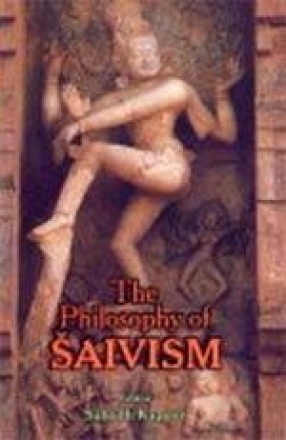
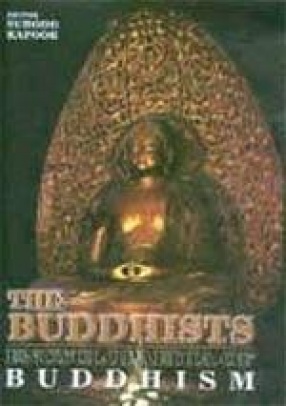
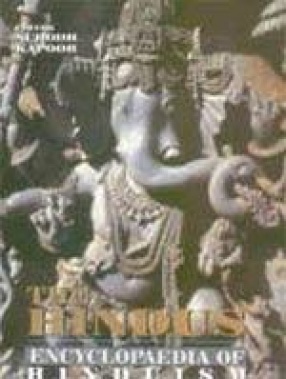
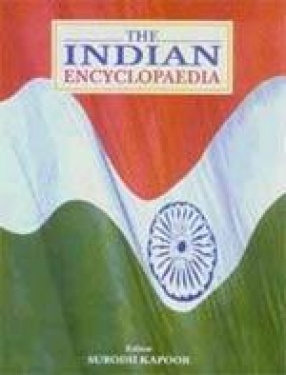
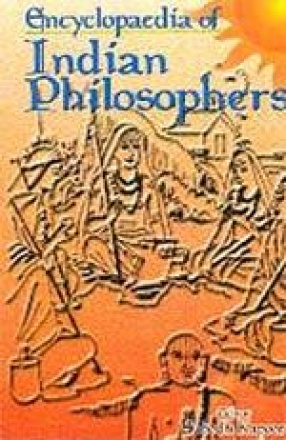
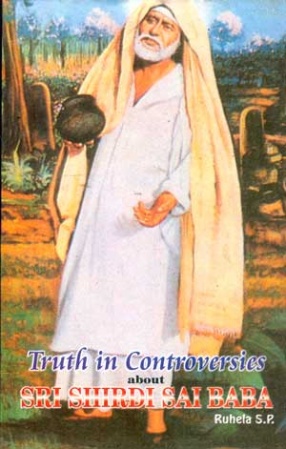


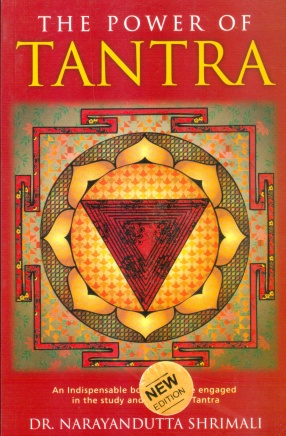

Bibliographic information